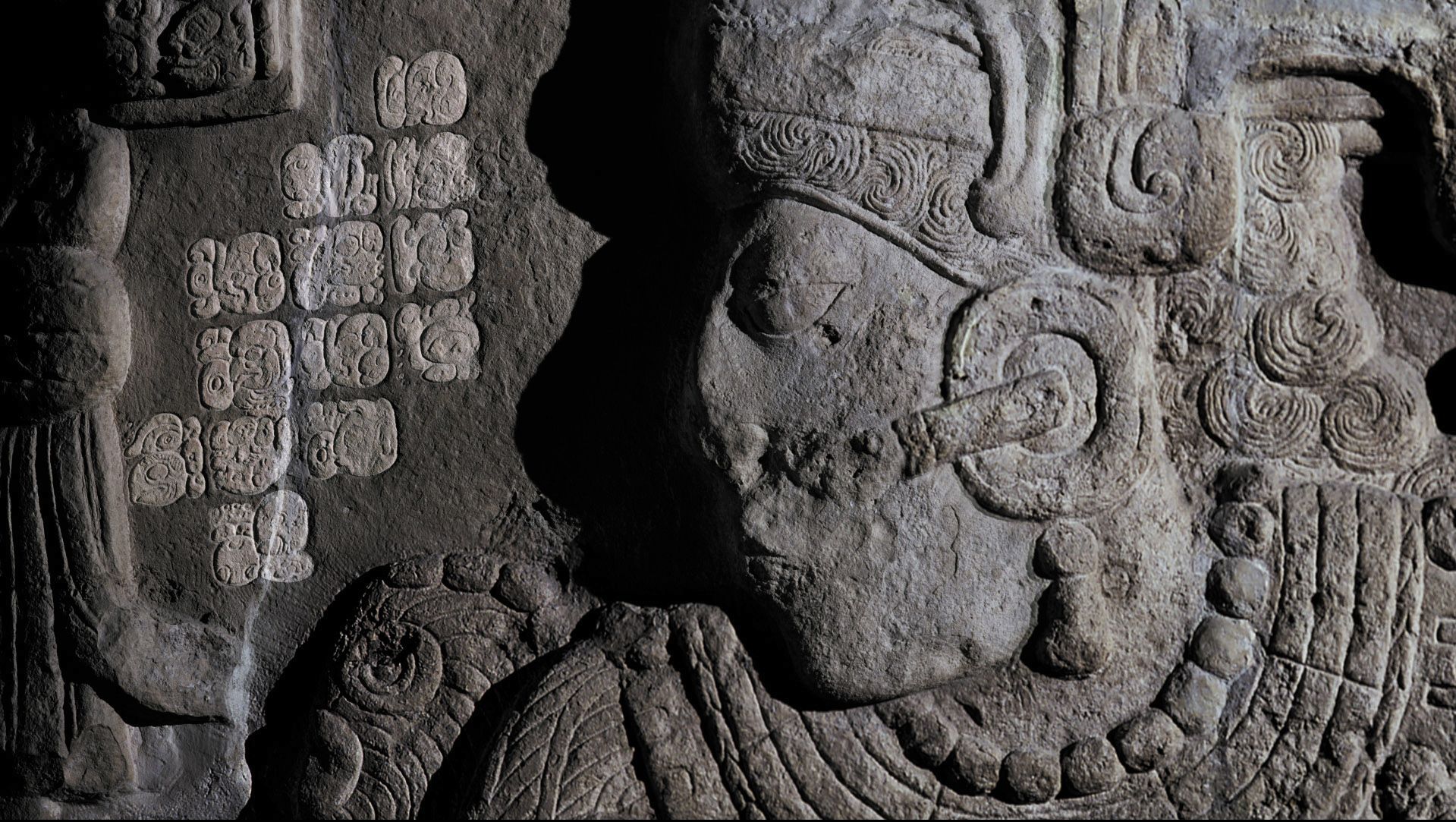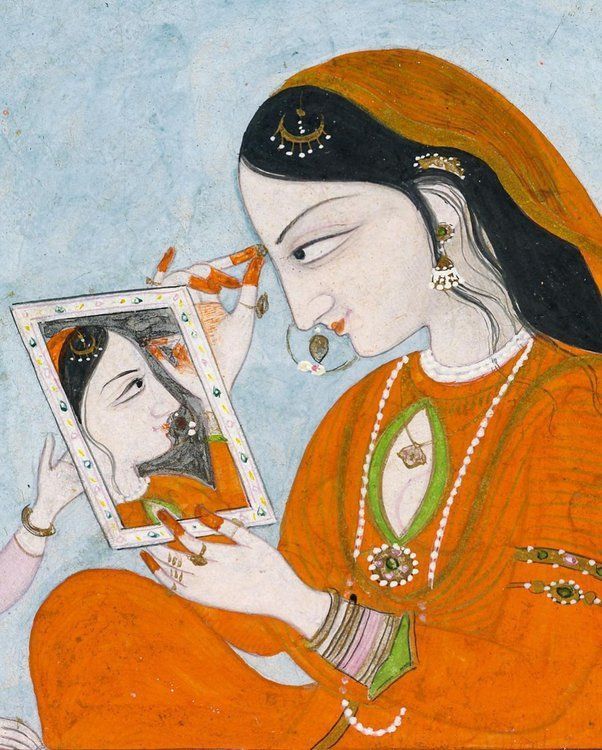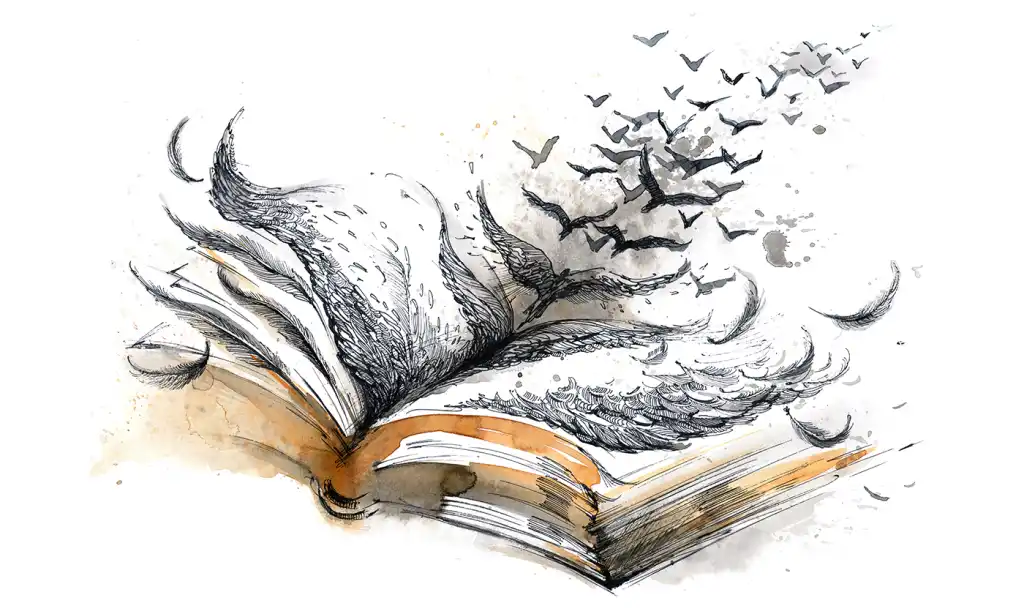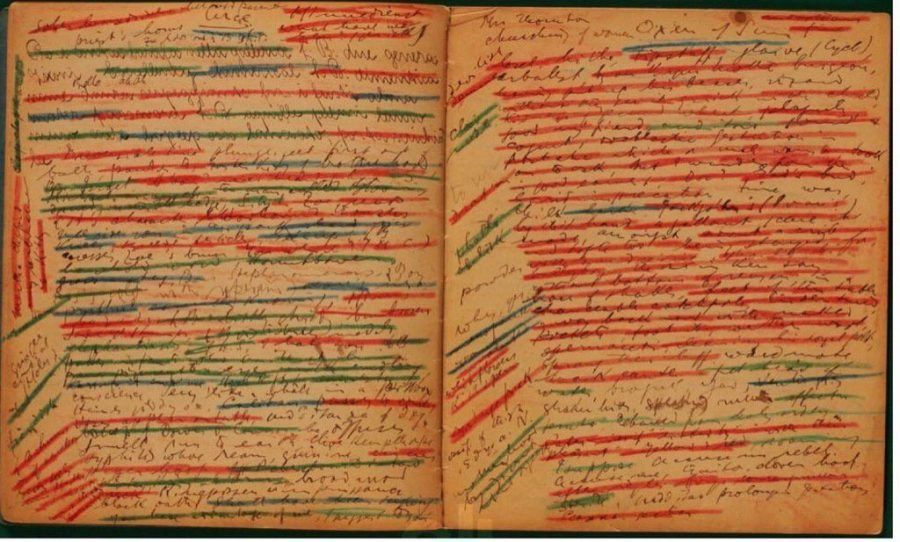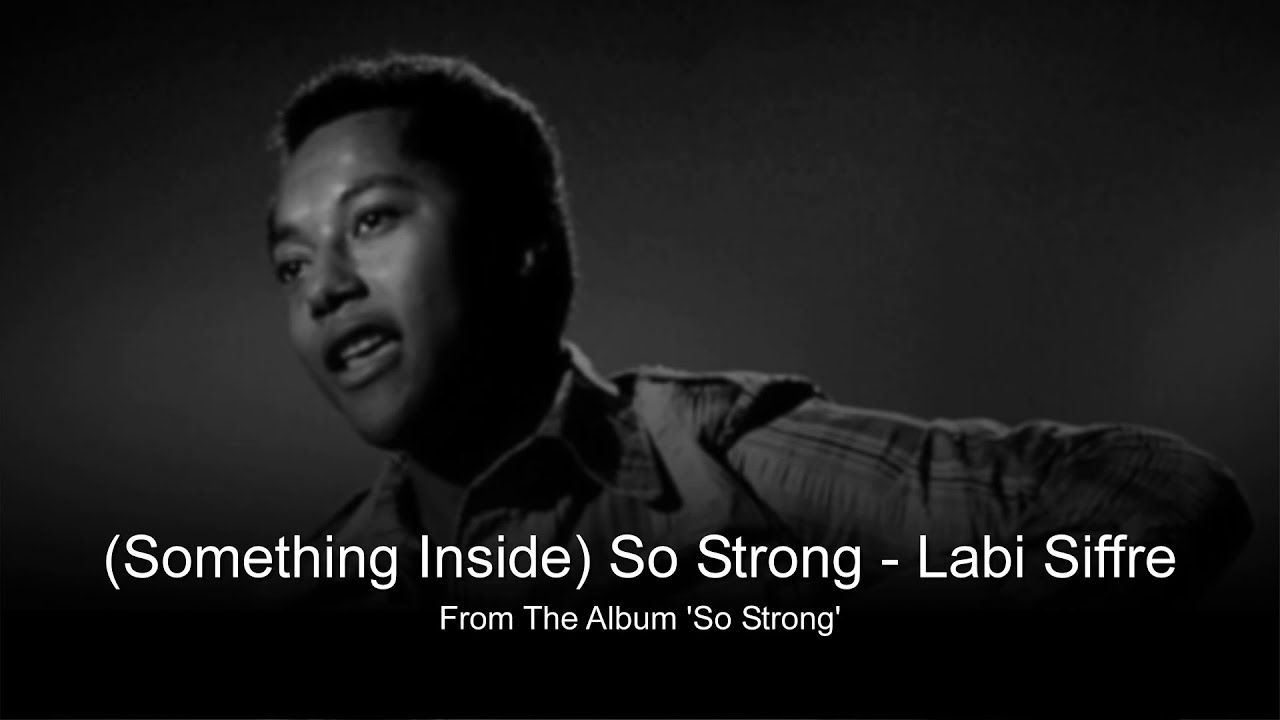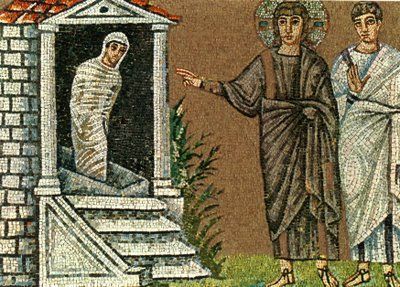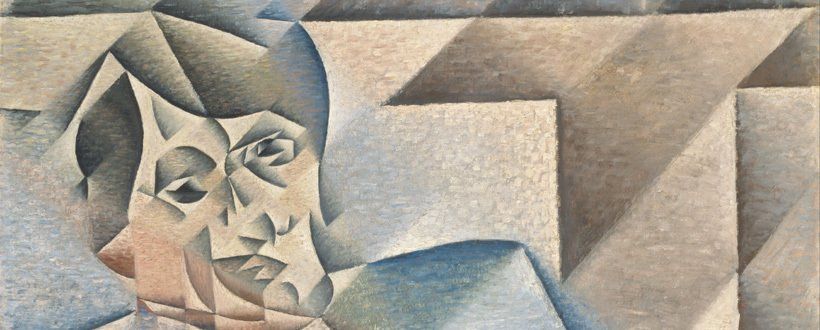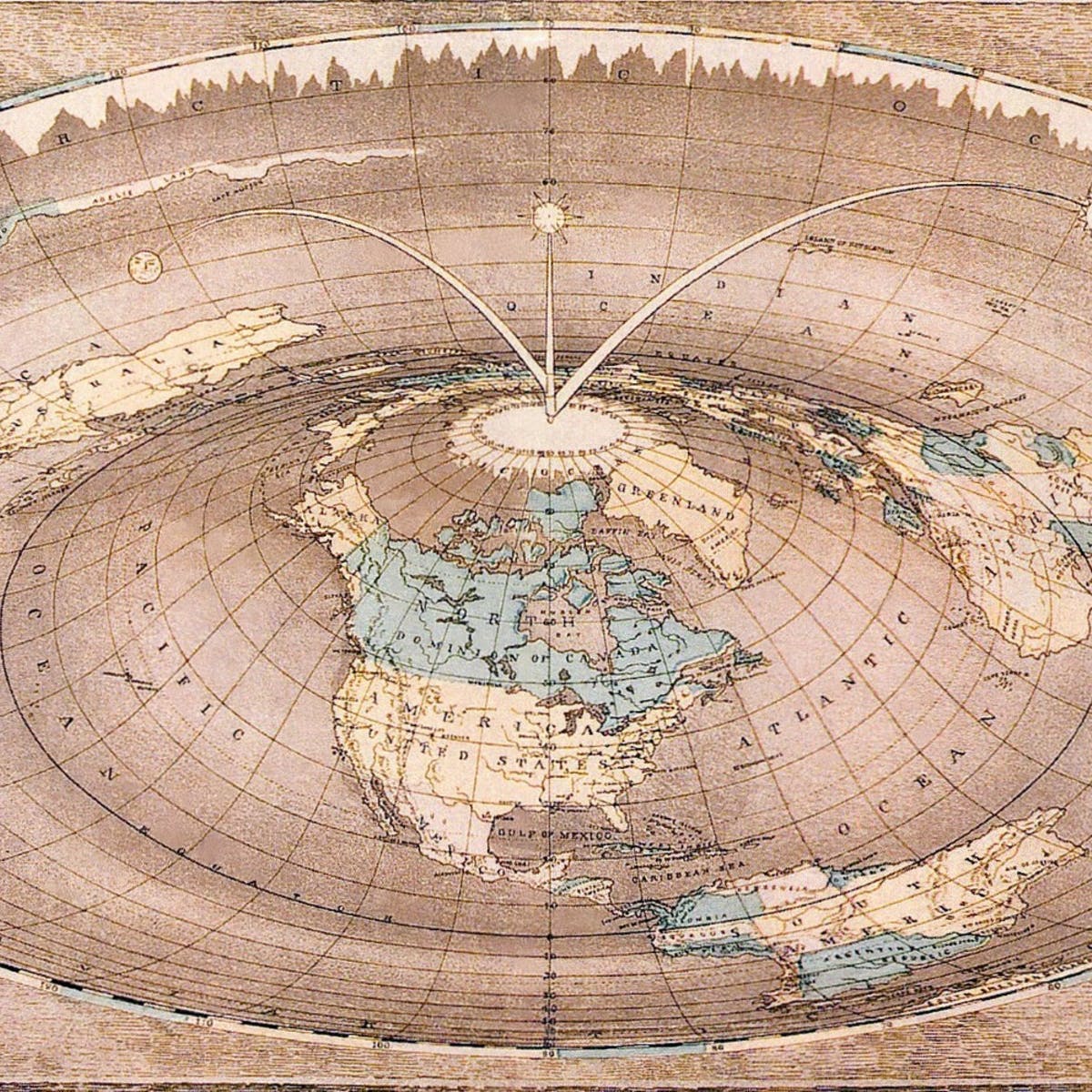ToK Essay Prescribed Titles May 2024 Prompt 5
Knowledge and its gatekeepers
Herodotus, the historian, bumps into Pythagoras, the mathematician, in the local market.
Herodotus: Bonjour, my friend. I’ve been pondering a question lately that I believe you, as a mathematician, might have some unique insights into. Do we truly need custodians of knowledge, those who safeguard and preserve our collective wisdom throughout time?
Mathematician: Hola! It’s an intriguing question indeed and I’m eager to explore it with you. From my mathematical perspective, knowledge can often be objective and timeless, existing independently of custodians. But let’s delve deeper. What’s your take as a historian?
Herodotus: Well, I’ve seen how custodians of knowledge, whether they be librarians, archivists, or institutions, play a crucial role in preserving our understanding of the past. They ensure that documents, artefacts, and records are passed down through generations, helping us learn from History and maintain a sense of continuity. For instance, consider the work of historians at the British Library who painstakingly preserve ancient manuscripts like the Magna Carta, allowing us to connect with pivotal moments in history and understand the evolution of political rights.
Pythagoras: I understand the importance of historical records, but let me propose a mathematical perspective. Knowledge, especially in the realm of Mathematics, is discoverable and verifiable independently of custodians. The Pythagorean theorem, for instance, would still hold true even if all historical records of it were lost. Mathematical truths are eternal, waiting to be rediscovered by anyone, anywhere. Take the example of Andrew Wiles, a mathematician who, in the 1990s, proved Fermat’s Last Theorem, a problem that had intrigued mathematicians for centuries. His discovery added to our mathematical knowledge without the need for historical records or custodians, demonstrating the timeless nature of mathematical truths.
Herodotus: That’s a valid point. However, History often deals with subjective interpretations and context. Custodians help us understand not just what happened but why it happened and what it meant to people in their time. They provide the human context that mathematical theorems don’t inherently possess. For instance, consider the work of historians like Howard Zinn, who authored A People’s History of the United States. Zinn’s perspective offers an alternative narrative that highlights the experiences of marginalized groups, giving us a deeper understanding of historical events beyond just the facts and equations.
Pythagoras: I see your point about context, but consider this: Mathematics is a universal language, transcending cultural and temporal boundaries. It’s not dependent on custodians to convey its meaning. If a mathematical proof is valid, it holds true for all people, in all times. Custodians might provide historical context, but they’re not necessary for the core knowledge itself. For instance, the mathematical work of Euclid, dating back to ancient Greece, remains relevant and true to this day, despite the passage of centuries. Euclid’s theorems and proofs stand as timeless examples of mathematical knowledge that don’t rely on custodians to retain their validity...
How might this dialogue develop and in what ways does it overlap with some of the other TOK Essay Titles?







